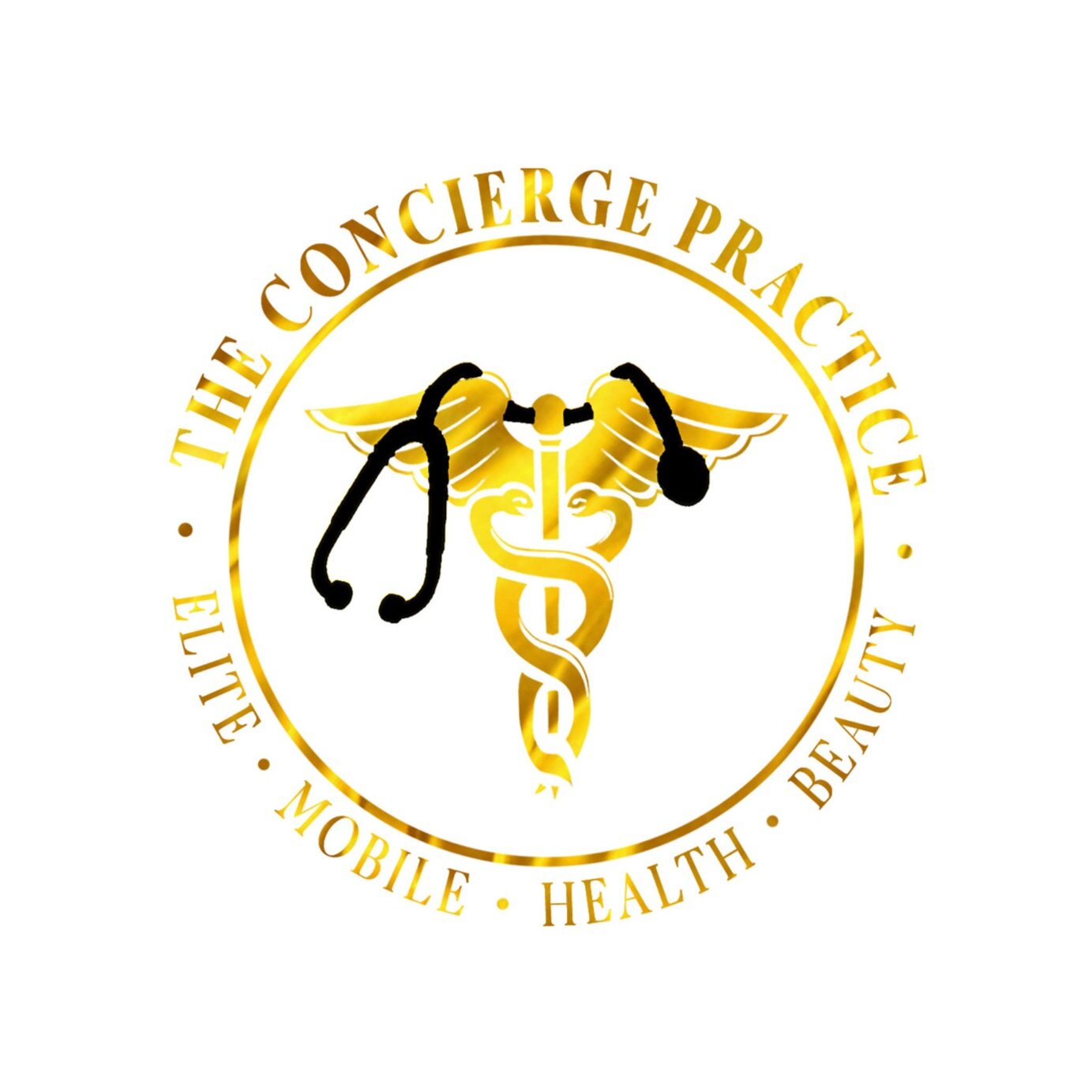NUTRITION AND HEART HEALTH
By Aliyah N.A.
Our hearts function as the core of our health. They are responsible for pumping blood throughout our bodies. This blood our heart pumps is responsible for transporting nutrients, oxygen, hormones, and so much more. The healthier our hearts are, the more efficient our bodies are at transporting nutrients via the blood. Heart health is related to the health of other areas in our bodies including, brain health, energy, reproduction, and lung health. Unfortunately, heart disease is the number cause of death among Americans today. Some different types of heart disease include stroke, hypertension, and coronary heart disease. These are all conditions that affect the health of your heart and overall health. There are ways to prevent heart disease or improve the health and strength of your heart. This can be done through diet, exercise, and managing stress levels.
Why does what you eat matter for your heart health?
Your daily diet has a tremendous impact on the health of your heart. What you eat can cause plaque to build up in your arteries or open vessels for good circulation. It can mean the difference between a stroke, and healthy blood pressure levels. And it can determine whether your cholesterol levels are dangerously high, or healthier than ever.
We eat not only because food tastes good, but because this is our way of providing nutrients for our bodies. Nutrients are what we use for fuel, and what helps our bodies function properly. Examples of nutrients include vitamins like Vitamin C and minerals like folate. When we eat a poorly balanced diet, our bodies become deficient in certain nutrients we need, especially for our hearts.
What is the best diet for improving heart health?
Eating a heart-healthy diet is one factor that improves the overall health and function of your heart. A heart-healthy diet consists of a balanced diet rich in whole plant foods. Heart-healthy foods are rich in nutrients like antioxidants, soluble fiber, healthy fats, and magnesium, and have anti-inflammatory compounds. Some of the healthiest foods you can eat for your heart include:
Leafy greens
Berries
Celery
Avocados
Purple Grapes
Red Onions
Radicchio
Apples
Pears
Beans
Though the most natural way to take in nutrients is through diet, there are supplements available that can provide certain nutrients for what may be lacking. Common deficiencies include iron, b vitamins, and vitamin D. Choosing to supplement a healthy diet with these supplements or others when you are unable to intake these nutrients naturally may help improve heart health.
Which foods contribute to poor heart health?
Just like there are foods that impact heart health in a positive way, there are foods that impact the health of your heart in a negative way. When foods have a negative impact on heart health, these foods usually increase LDL “bad” cholesterol levels, inflammation, plaque, blood pressure, or excess fat accumulation. Each of these factors has a negative impact on heart health and increases the risk of heart disease. High sugar and fat in your diet increase LDL cholesterol levels and has a negative impact on heart health. Sugar and fat are found in foods like:
Baked goods
Fried foods and fast foods
Processed sweets and snacks
Soda, fruits juices, and energy drinks
Ice-cream
White pasta, white bread, white rice, and other white refined carbs.
These are some foods that lead to poor heart health. Eliminating these foods from your diet will start improving your heart health in as little as 2 weeks.
Important takeaways
Our hearts are responsible for delivering a nutrient-rich blood supply to every organ in the body. That’s why the health of our hearts contributes greatly to the overall health of our bodies. Improve your heart health by eating a whole food diet, eliminating processed, sugary, and fatty foods, exercising and managing your response to stress.

